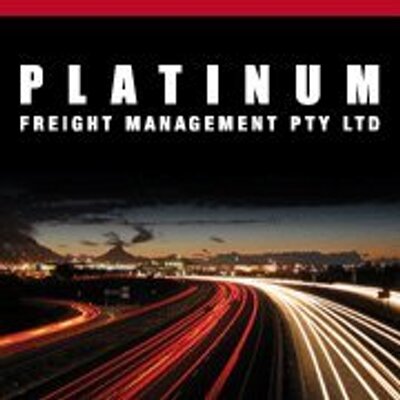
ABF Goods Compliance Update shows holes in regulation and compliance
 The latest Australian Border Force (ABF) Goods Compliance Update has been released, showing up holes in importing regulations and follow-up compliance audits that is bleeding revenue from the Australian government potentially into the millions.
The latest Australian Border Force (ABF) Goods Compliance Update has been released, showing up holes in importing regulations and follow-up compliance audits that is bleeding revenue from the Australian government potentially into the millions.
Customs specialist and CEO of Platinum Freight Management Peter McRae looks at the report alongside the 2015-16 ABF annual report identifying a severe lack of compliance testing which, coupled with poor regulation measures, makes the perfect breeding ground for fraud.
Outraged by the report, McRae calls for improved import audits before the goods are released from Customs control in an attempt to stamp out fraud.
“If regulation and compliance testing was up to scratch, Scott Morrison might find the money for his budget that he so desperately needs,” says McRae.
Page 28 of the ABF Goods Compliance Update states that only 2445 Cargo Reports were examined during 1 July 2016 and 28 February 2017, as a result of the Compliance Monitoring Programme (CMP) which focused on cargo reporting accuracy.
Of the 2445 cargo report audits undertaken in the CMP reported, it states that the ABF found 3% of errors and only three errors in relation to value of goods imported. This equates to an average of 306 checks per month.
Cargo reports are filed for every import entering Australia prior to the goods arriving in Australia. It is submitted by the cargo reporter for an airline, freight forwarder or shipping line to ABF before the goods arrive into Australia and contains fields such as weight, consignor, consignee, a description of the goods and their value. This declared value determines whether a package will be released (if under $1000) or held for a customs entry. Each cargo reporter has authority to tick a box in the Integrated Cargo System (ICS) to say that the goods are under $1000, which means it will not incur GST, duty or Import Processing Charges (IPC).
However, the 2015-16 ABF annual report states that a total of 38 million cargo reports were submitted to ABF (3.1 million sea cargo reports and 34.9 million air cargo reports), which equates to 3.1 million cargo reports per month.
McRae says: “Comparing reports, it doesn’t take a genius to see that only hundreds of audits are being carried out on millions of imports landing each month. This shows the enormous opportunity for abuse of the system – and the very high chance importers have of getting away with it. The Australian government is asleep at the
wheel.”
“Underestimating value of goods declared might just be small petty fraud, saving shady importers hundreds of dollars on a single import, but when multiplied over a year, Australia’s revenue loss from under- or uncharged duty and GST is likely to be in the high millions.”
Audits of cargo reports occur after the cargo has been delivered to the importer. Regulations currently allow audits to take place up to five years after the import. McRae says: “How can ABF be sure of the accuracy of the cargo reports when they haven’t sighted the goods inside the package and the person who filed the report for the importer isn’t trained or licensed by Customs authorities?”
Furthermore, failure to adequately certify and regulate cargo reporters could be considered another critical problem with compliance. While import declarations must be filed by trained and licensed Customs Brokers working for or on behalf of importers, cargo reports can be filed by Cargo reporters who are untrained,
unlicensed employees of airlines and freighting firms.
“Customs compliance needs to be separated from organisational KPIs,” McRae states. He sees it as the broken link.
“Cargo reporters working for airlines and freighting companies can be operating under KPI stress that promotes a speedy delivery of goods through the borders at a low cost to the client [the importer]. Really, this role should be promoting accurate information to assist the correct assessment of duty and GST owed. Regulating the job would improve this.”
McRae calls for the ABF to assess externally and internally more packages that are being claimed as under the $1000 AUD threshold. Furthermore, he calls for licensed, autonomous personnel to issue Cargo reports.
“The ABF must install regulation to ensure adequately trained and licensed brokers handle all reporting in importing, and then partner with them to improve compliance measures and auditing. Only then will this country’s enormous problem with petty fraud reduce and the correct collection of GST, Duty and Import Processing Charges (IPC) be applied.”





